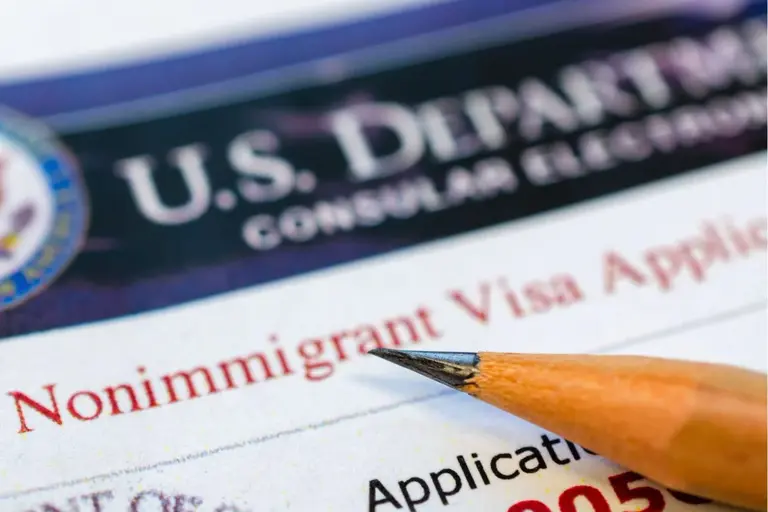The United States (US) will soon introduce a controversial visa rule requiring certain foreign nationals to post a refundable bond of up to $15,000 before being allowed entry.
Under a 12-month pilot programme beginning 20 August, travellers from countries deemed high-risk for visa overstays could be hit with the hefty bond, a move aimed at curbing prolonged stays beyond visa limits.
According to a notice on the Federal Register, the rule targets B-1 (business) and B-2 (tourist) visa applicants from nations identified in a 2023 Homeland Security report for having high overstay rates, poor internal document systems, or offering citizenship without residency requirements.
The bond set at $5,000, $10,000, or $15,000 — will be refunded if the traveller complies with visa terms, but forfeited if they overstay.
Importantly, travellers from visa waiver countries — mostly in Europe — are not affected by the policy.
Consular officers will decide whether an applicant must pay the bond, which also mandates entry and exit only through designated US airports.
While the State Department hasn’t released a list of affected countries or estimated how many travellers may be impacted, it warned the criteria could evolve.
The move has already sparked debate, with critics calling it a financial barrier for citizens of less-developed countries.











